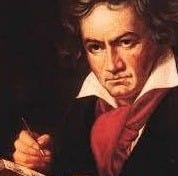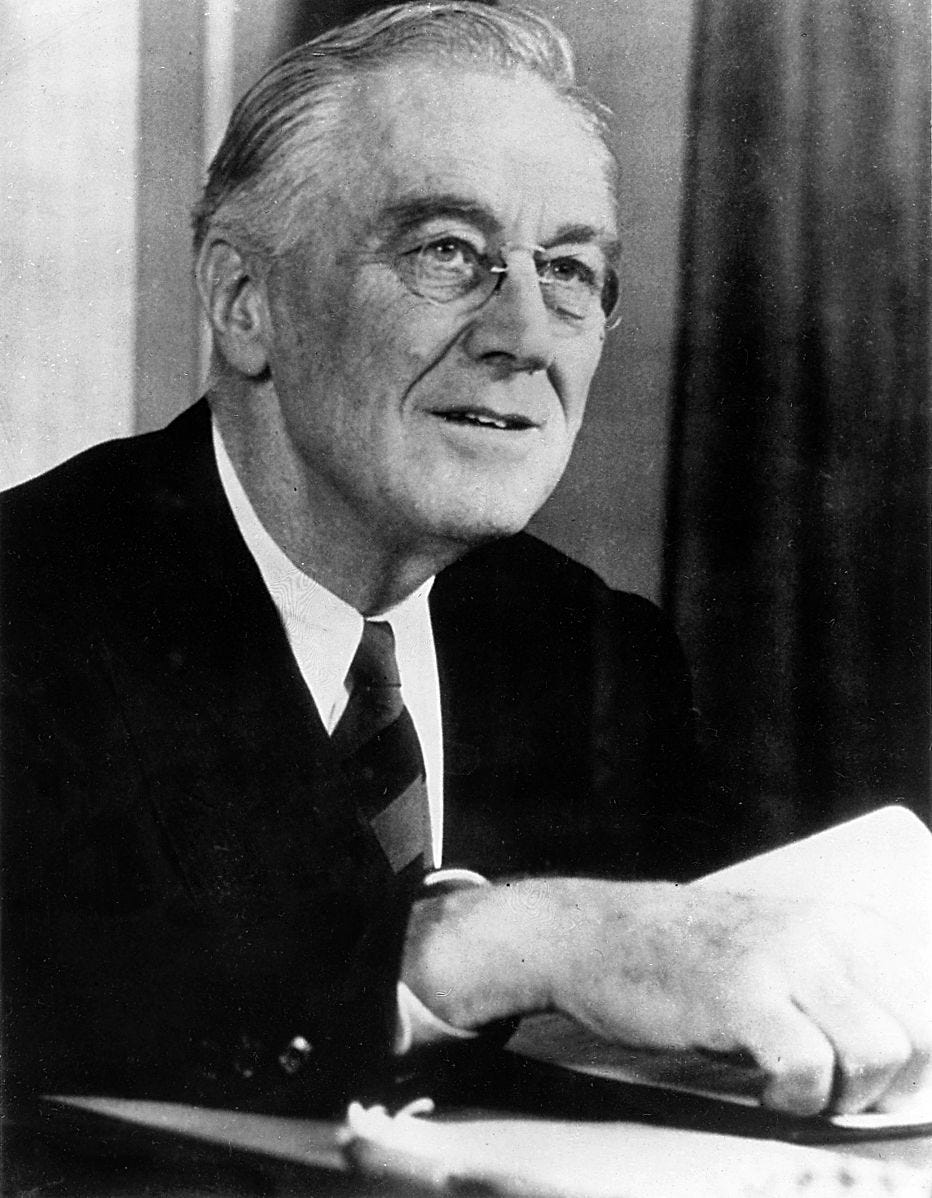Kismet: from Arabic qisma meaning portion or lot; Turks changed to “kismet”; entered English early 19th c.via trade with Turks. Definition: in Islam, the will of Allah. More commonly: one’s lot in life; fate, control of future. Most frequently: meeting one’s destined love.
____________________
Any word meaning “meant to be” is going to enter popular culture through a love story, right? While kismet appears in the English language around 1800, it became common parlance after the 1877 publication of Kismet, a novel about romance blossoming among tourists traveling down the Nile. This original “Love Boat” tale is credited to George Fleming, but the love actually flowed from Julia Constance Fletcher writing under a pen name. Perhaps Julia was subtly suggesting that giving men credit pushes their love button.
Popular Culture
Through the 20th century, kismet became the theme of many films, plays, a Tony Award-winning Broadway musical—even a Marvel comics heroine. Elvis got into the act in 1965 with a song for the movie “Harum Scarum”: when you meet by chance, it’s not by chance, it’s kismet…
Love is grand, but kismet actually has broader application, often viewed as synonymous with destiny, fate, providence, serendipity and coincidence. Why did English adopt another word for the concept? Apparently, 18th-19th century fascination with “Orientalism” led the West to find the new term more mystical and intriguing.
Even more telling is that for millennia, in countless cultures, peoples’ lived experience has convinced them that a force beyond themselves is at work in the world. When something happens that is unlikely, nearly missed, against the odds, favorably serendipitous or stunningly unfortunate—or when someone finds the person Plato’s Symposium described as our missing other half—there’s an undeniable sense of being touched by mystery.
Skeptics explain away such occurrences, attributing them to odds or logical formulas. But skeptics cannot dismiss people’s certainty that something surreal happened. Witnesses to the wonder stand in awe, believing that extraordinary power has intervened in their ordinary lives.
Is that possibility so preposterous? If so, perhaps it’s because we’ve grown unaccustomed to mystery. In an age of easy answers—via Siri, Google, AI and more—we’ve become uncomfortable with the unanswerable.
But if we dismiss mystery, how do we account for—or receive—inspiration, creative flow, or true love? How do we explain a Paul McCartney dreaming the melody for “Yesterday”?
Or Beethoven hearing a knock at his door as the “door of fate,” transforming it into the opening and repeated motif of his Fifth Symphony evoking people’s ongoing struggle with fate.
Many of us can also recount experiences that felt disarmingly beyond our control, either in their wondrous beneficence or cruel misfortune.
My daughter vehemently objected when her friends proposed “just one more stop” on the way home. But that’s where she met the man who proposed just one year later
My friend felt angry and frustrated when expressway traffic made him miss his American Flight 191 to Los Angeles. The plane crashed on take-off from Chicago, killing all aboard.
An Ireland vacation spared a father and son from being in their top floor World Trade Center offices on 9/11.
A fairy-tale come true, and fortunate near-misses. But what about those who perished on 9/11, or haven’t found love, or boarded Flight 191 to their demise? Such existential conundrums have long vexed philosophers, theologians and everyday people. Even the various words we ascribe to life’s variable fortunes reflect nuanced differences in perspective.
“Fate” for example, is more frequently associated with inescapable predetermination. In Greek myths and Shakespearean plays, characters often struggle, yet fail to free themselves of a fatal flaw or elude an ignominious death (think Macbeth!).
“Destiny” also suggests a known future, sharing the same Latin root as destination (destinare meaning to hold firm, bind or determine). However, destiny often refers to a grander purpose. Franklin Roosevelt’s “rendezvous with destiny” speech famously summoned a generation to honor, duty and patriotism amidst threats to the world order.
One’s destiny is viewed as a calling. Singer-songwriter Bob Dylan said, “It’s a feeling that you know something about yourself that nobody else does” and “…..destiny was about to manifest itself. I felt like it was looking right at me and no one else.”
Perhaps the concept of “providence” offers the most affirming perspective on the unknown future. It puts God at the center of life as a timeless and caring guide, protector, and provider to all human beings. Every person is accorded free will in the confidence that God’s loving purpose will ultimately come to fruition without interference in the natural course of human events. At the same time, everyone is endowed with talents that point to their providential path of personal fulfillment as a gift to the world.
Religious beliefs offer insight, inspiration, strength and purpose. Yet the problem of suffering remains a quandary. Most religions attribute much of it to man’s evil acts such as in war, abuse, economic injustice. But that doesn’t account for random misfortune.
While fewer people today participate in organized religion, many more are spiritually searching. They’re looking for answers to profound questions and, as philosopher Michael Meade said, “to know which of the many things calling out in the world is calling to us.”
Many of us feel called into something sacred when stunned by an unlikely, heart-stirring, inexplicable—and sometimes exuberantly joyous—experience. We sense an abiding presence around us, within us, and for us—in a mysterious way.
Perhaps the invitation is not to resolve the mystery, but to gratefully, graciously encounter it, like other minor and major miracles in life: creative inspiration and invention, music and art, literature and poetry, cinema and photography, laughter and love.
And you.









It's funny, it's not a word I ever use but I do believe in it. We like to think we know it all, but that's far from the truth. There's something at work that knows exactly what it's doing, God, the Universe or whatever.... and it's those moments that point that out to us.
Thanks for sharing this. I love exploring etymology. And "kismet" has always been a word that has just a held a little bit of magic for me.